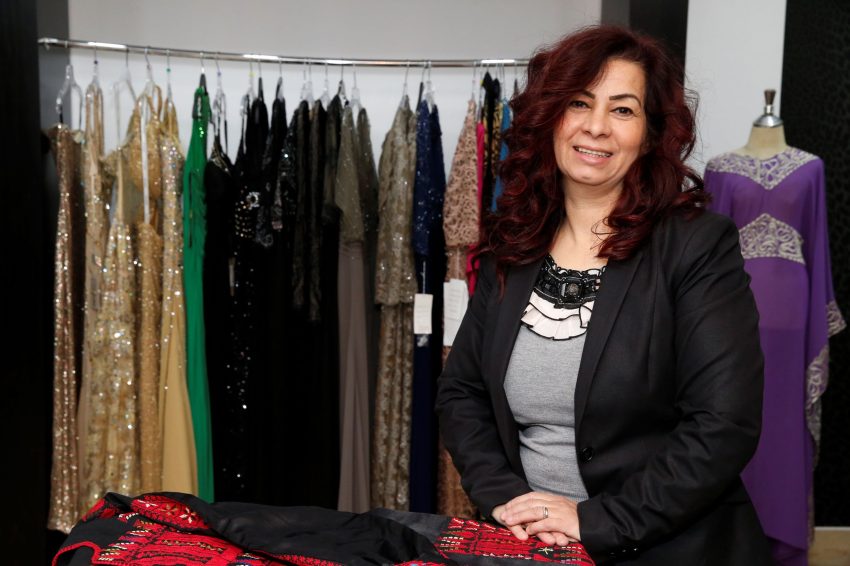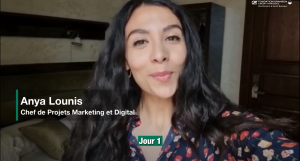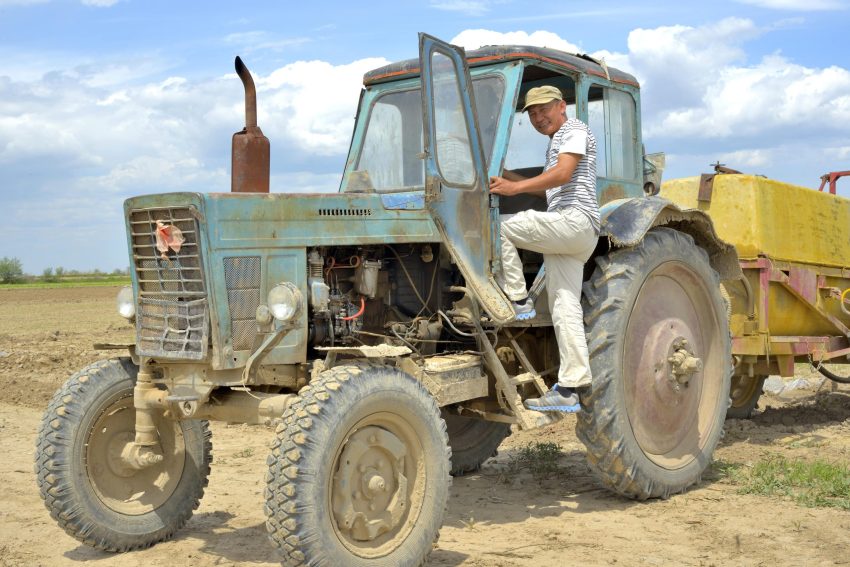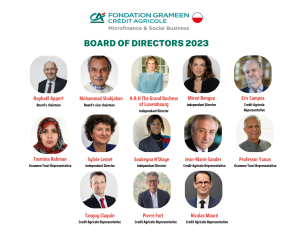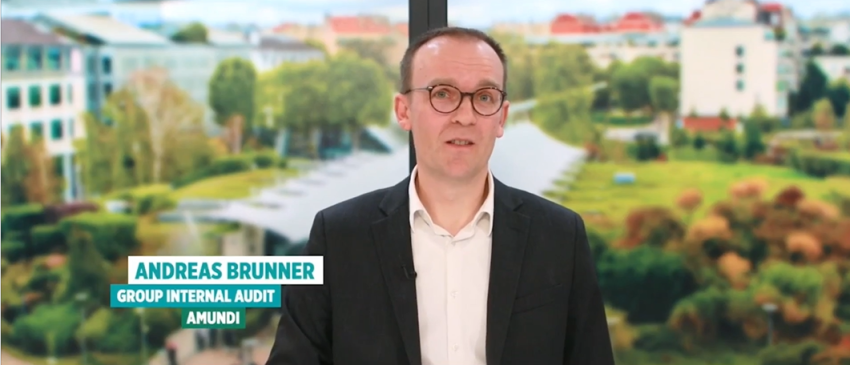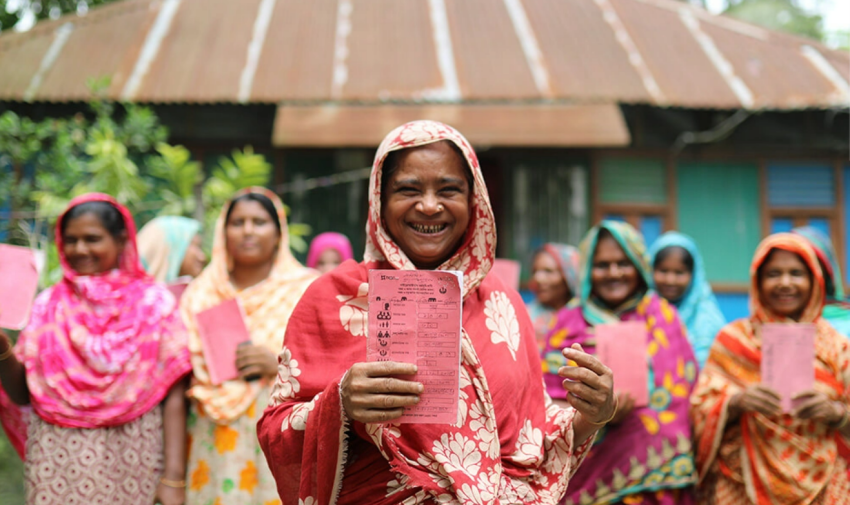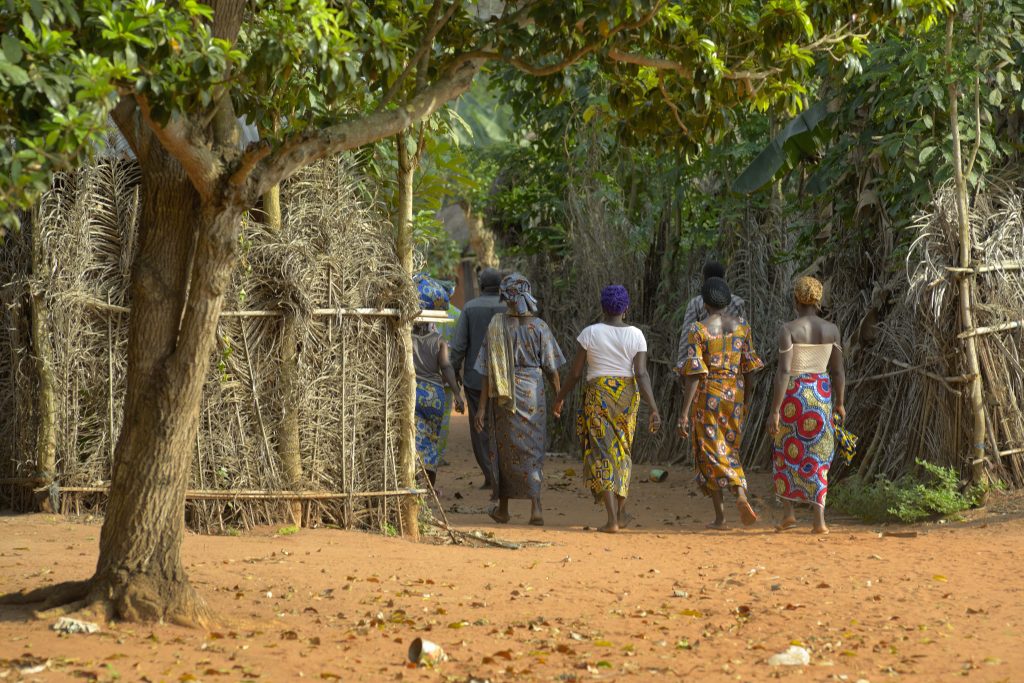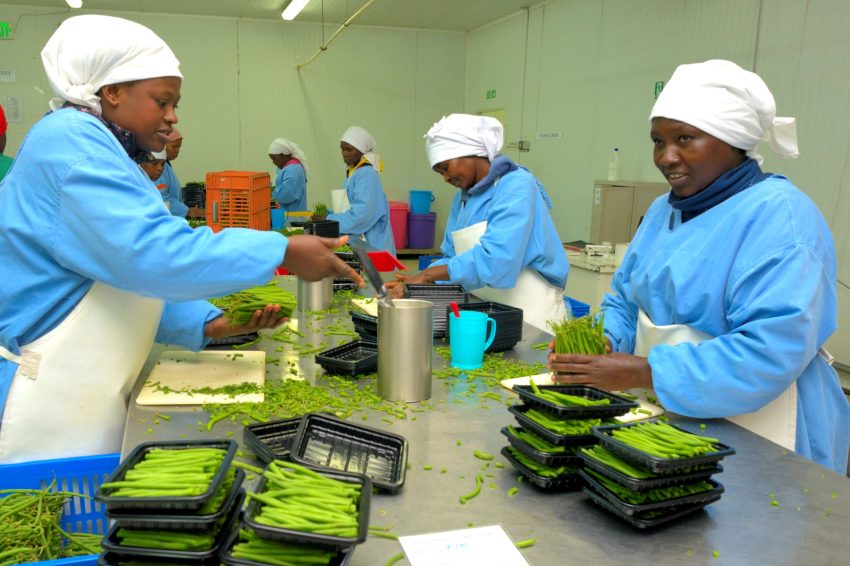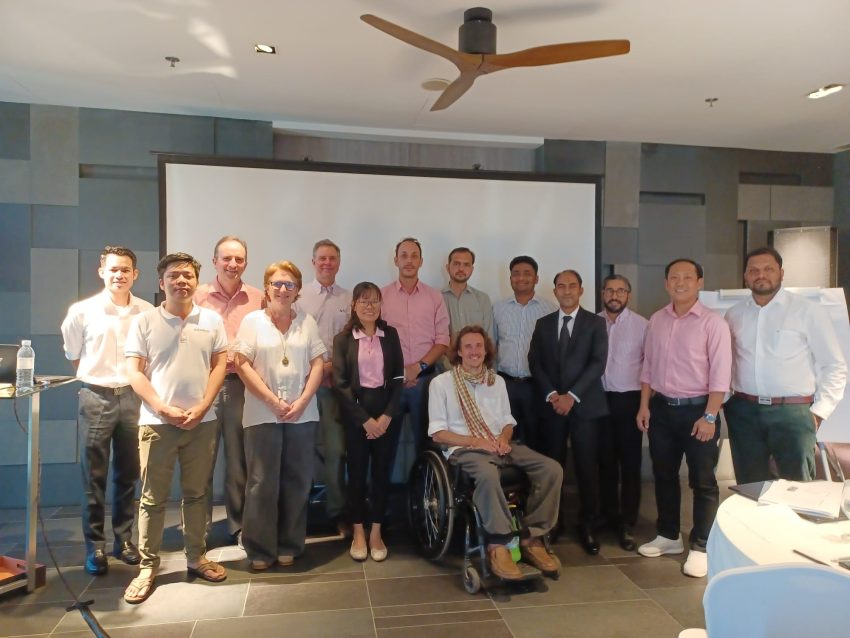Choose Africa on air
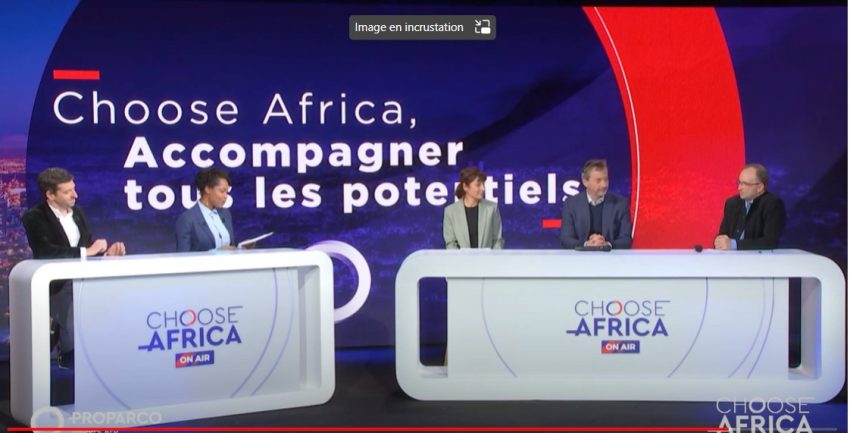
Replay of the show “Choose Africa on air” on June 8, 2021, organized by Proparco, which focused on entrepreneurship in Africa. Economic stakeholders, entrepreneurs, experts, and financial partners, including the Grameen Crédit Agricole Foundation, came together to share experiences and help better understand the challenges facing entrepreneurs on the African continent and Proparco's tailored responses.
Africa is the continent with the highest rate of entrepreneurs. But today, only 20% of SMEs on the continent have access to bank loans and 87% of startups have no access to financing. There is therefore a real lack of financing adapted to small businesses.
Following the health crisis, AFD has decided to strongly support the entrepreneurial fabric in Africa, which plays a key role in economic recovery. The informal sector remains an essential component of sub-Saharan African economies. Regardless of a project's stage of development, an inclusive support approach is essential to finance as many businesses as possible.
Philippe Guichandut, Director of Technical Assistance and Partnerships at the Foundation, explained how microfinance meets the needs of vulnerable entrepreneurs excluded from traditional banking services. Watch his presentation below:


